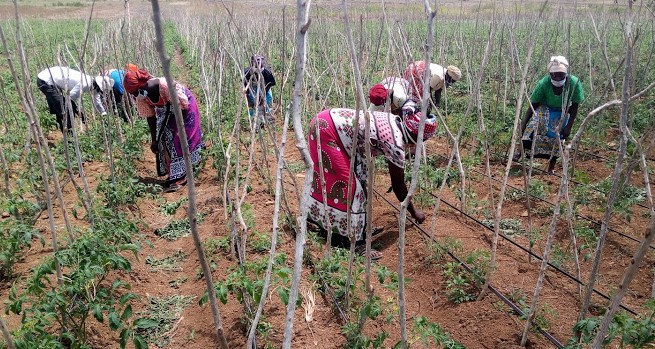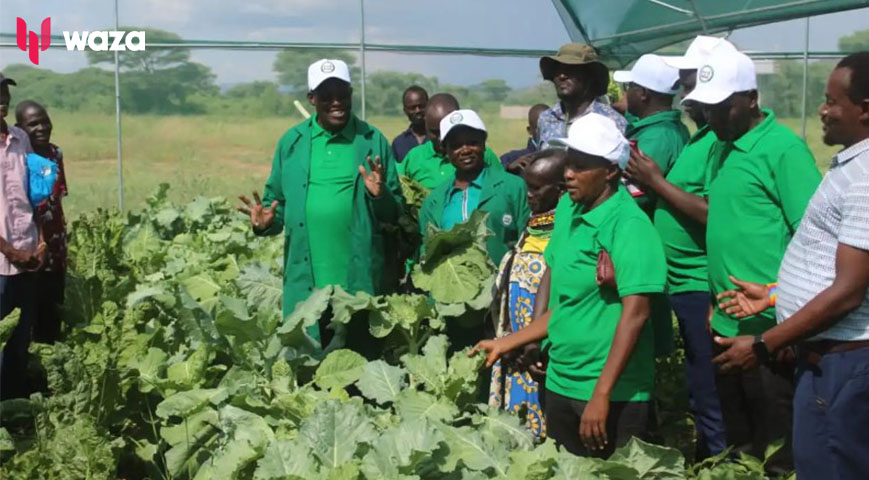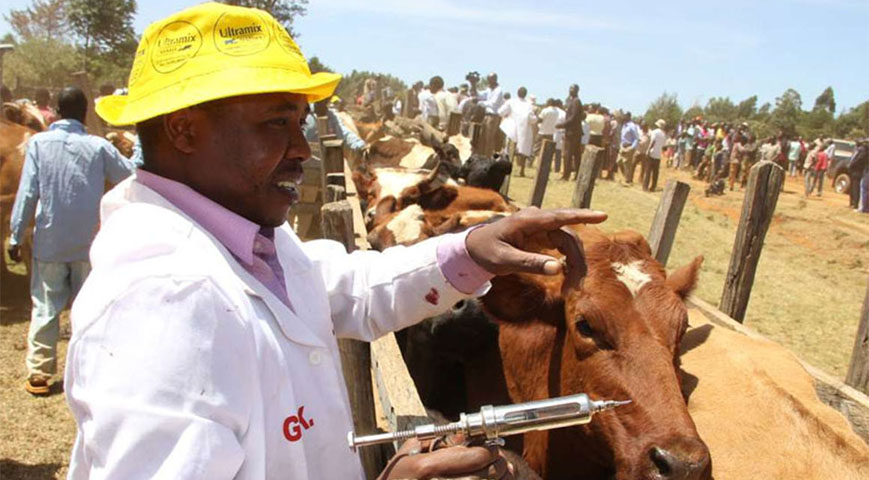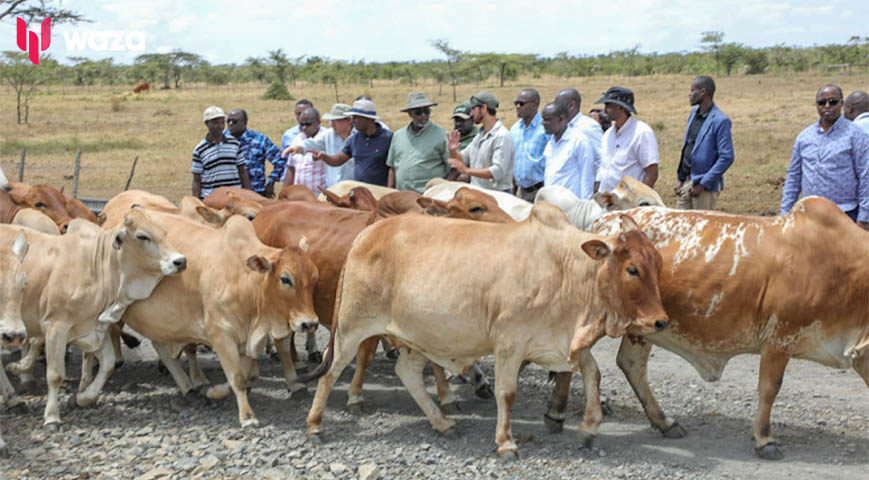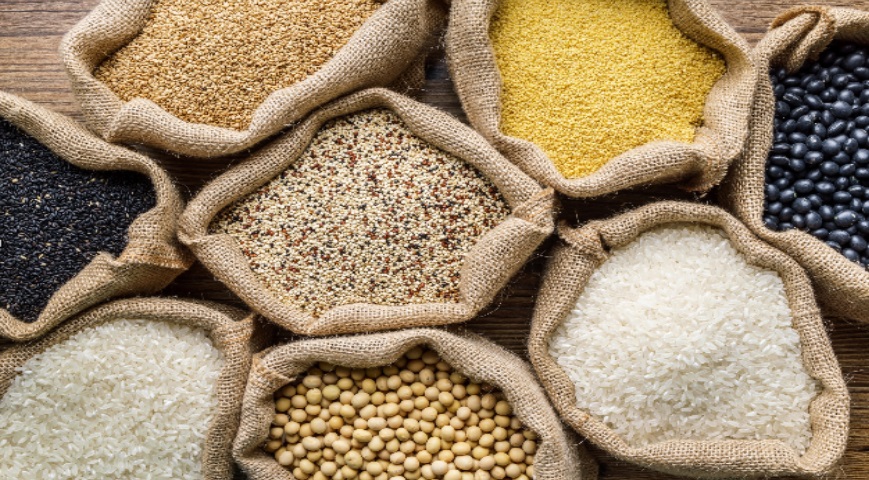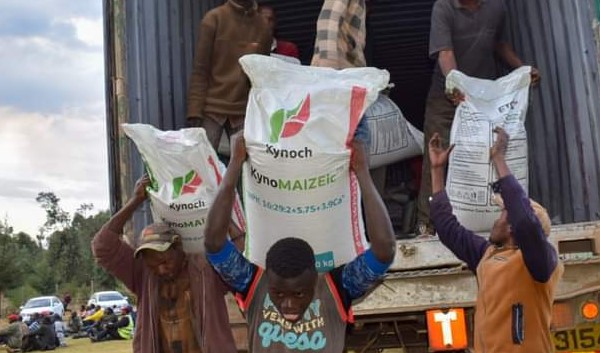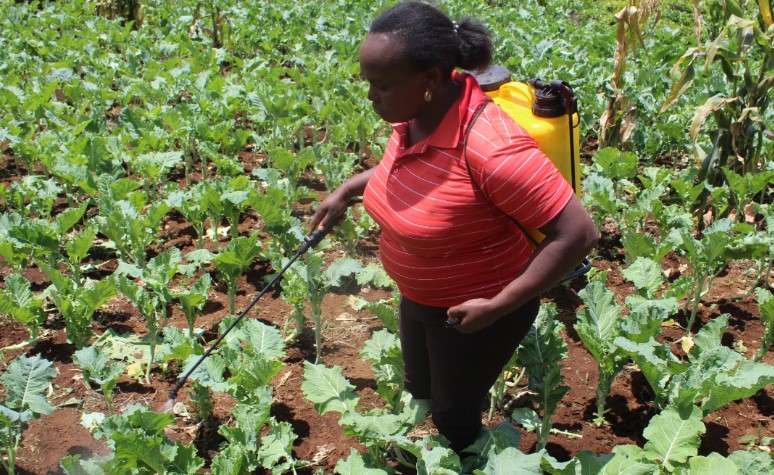Small-scale farmers in Kwale are set to benefit from a research initiative from the Australian government to the tune of Kes335.5 million.
This is through a five-year Australian-Kenyan project for Development partnership with the Australian Centre for International Agricultural Research (ACIAR), Kwale County Government, Kenya Agricultural and Livestock Research Organisation (KALRO), Pwani University, and PAVI Farmers’ Cooperative.
The initiative will develop a model for market-driven, collaborative value chains incorporating collective farming and circular agriculture to create sustainable and ethical production systems in the smallholder farming community of Kwale.
Australian High Commissioner to Kenya Luke Williams noted that the Australian Government stands with Kenya and other regional partners, working towards addressing the region’s food security crisis.
“The MKUKI-Kwale project will help guarantee food security through the expansion of food production and supply, improving food affordability, and support value addition in the value chain,” Williams added.
Seventy-four per cent of Kenya’s population lives in rural areas and relies on farming to support their livelihoods.
Smallholder farmers, like those represented by the PAVI Farmers’ Cooperative, are critical to Kenya’s food security, contributing 63 per cent to national food production.
The project will work with the community at the smallholder farmer level and explore how larger blocks of land could be managed collectively in a culturally appropriate way, building sustainable community capacity.
On her part, Business for Development Rachael Okeyo added that the MKUKI-Kwale project will incorporate ground-breaking research spanning social sciences, value chains and biophysical research to develop evidence-based tools and learnings.
The MKUKI-Kwale project will also be supported by two Australian companies: Base Titanium Limited, a mineral sands producer located in Kwale County, and Cotton On Group, Australia’s largest global retailer.

